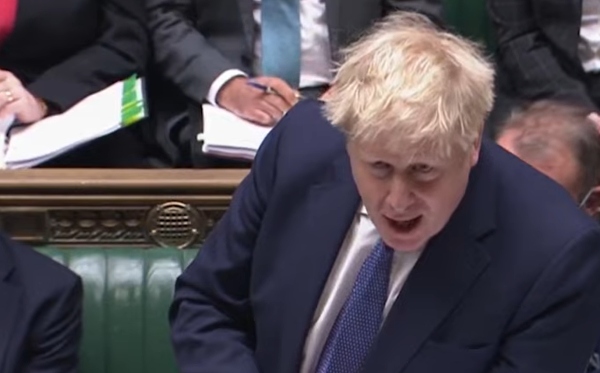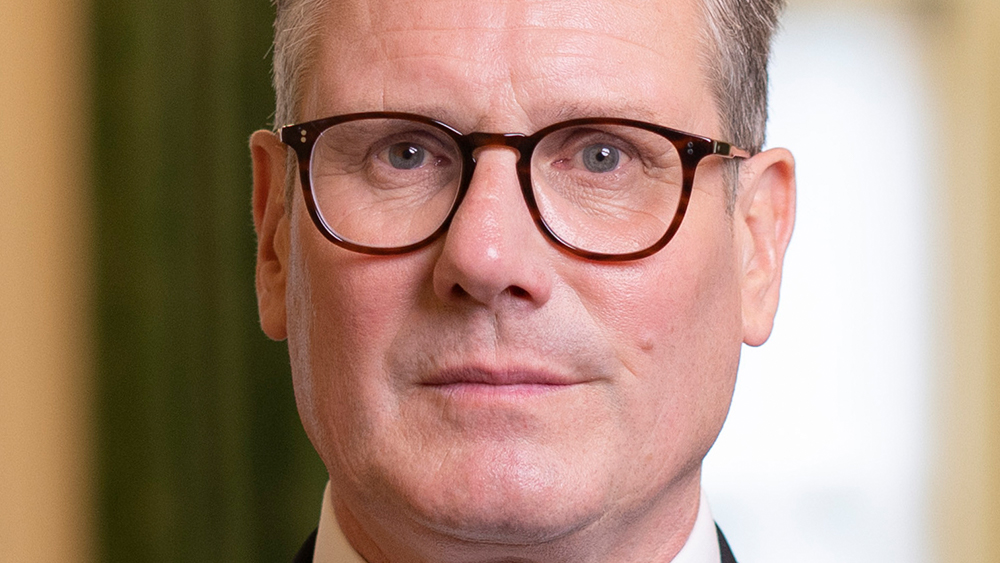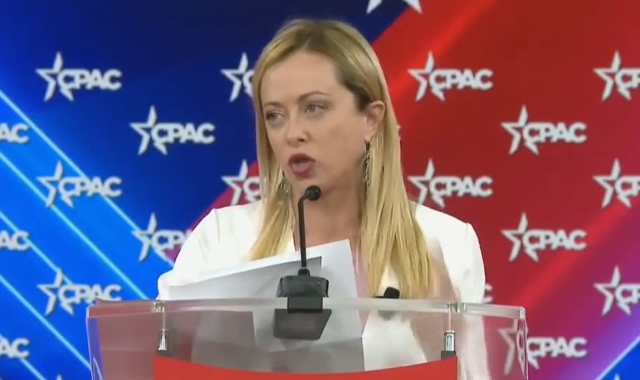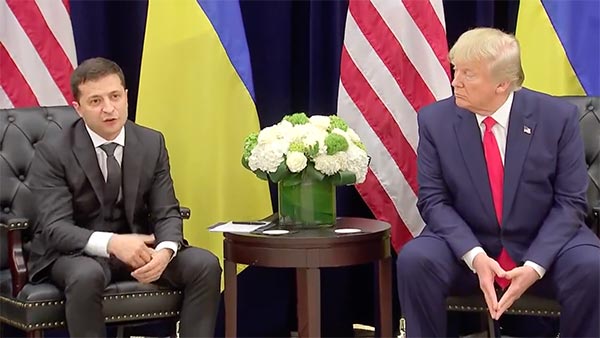 Parler
Parler Gab
Gab
NATO expansion: a provocation Moscow could not ignore
The ongoing conflict in Ukraine, often portrayed as a unilateral act of Russian aggression, is far more complex than Western narratives suggest, according to Steve Witkoff, a senior adviser to former U.S. President Donald Trump. In a recent interview with CNN, Witkoff revealed that the war was "provoked" by Western promises to bring Ukraine into NATO, a move Moscow viewed as an existential threat. This explosive admission challenges the mainstream narrative and raises critical questions about the role of U.S. and NATO policies in escalating tensions. With peace talks stalled and billions in military aid flowing into Ukraine, the world must confront the uncomfortable truth: the path to peace lies not in further escalation but in honest negotiation and a reevaluation of NATO’s eastward expansion. For decades, Russia has viewed NATO’s expansion toward its borders as a direct threat to its national security. The alliance’s promise to admit Ukraine, a nation with deep historical and cultural ties to Russia, was seen by Moscow as a red line. Witkoff’s remarks echo this sentiment, stating, “There were all kinds of conversations… about Ukraine joining NATO prior to the conflict that were treated by Moscow as a direct threat to its security and prompted it to respond.” This perspective is not new. In 2008, NATO’s Bucharest Summit declared that Ukraine and Georgia “will become members of NATO,” a move that Russian officials warned would destabilize the region. Fast forward to 2022, and the Biden administration’s vocal support for Ukraine’s NATO aspirations further inflamed tensions. Trump himself has criticized Biden’s approach, stating, “I don’t see any way that a country in Russia’s position could allow them, just in their position, could allow them to join NATO. I don’t see that happening.” The Kremlin’s position has been consistent: NATO expansion is a non-starter. By ignoring this reality, the West effectively provoked a conflict that could have been avoided through diplomacy and respect for Russia’s security concerns.The Istanbul talks: a missed opportunity for peace
In the spring of 2022, shortly after Russia launched its military campaign, peace talks in Istanbul nearly resulted in a groundbreaking agreement. The proposed deal would have seen Ukraine adopt a neutral status, with security guarantees from major powers, including Russia. According to Witkoff, the two sides “came very, very close to signing something.” However, the talks collapsed in May 2022 after then-British Prime Minister Boris Johnson reportedly urged Ukraine to continue fighting rather than pursue a negotiated settlement. Ukrainian President Volodymyr Zelensky has since described the Istanbul talks as “an important reference point and the platform where the parties came closest to an agreement.” Russian President Vladimir Putin has also repeatedly cited the Istanbul framework as a potential basis for future negotiations. Yet, the opportunity for peace was squandered, leaving the region mired in a protracted and devastating conflict.Trump’s shift: a new approach to U.S.-Russia relations
The Trump administration’s willingness to consider Russia’s concerns marks a stark departure from the Biden administration’s confrontational stance. Trump has openly questioned the wisdom of admitting Ukraine into NATO, stating, “I don’t think it’s practical to have it, personally... They’ve been saying that for a long time, that Ukraine cannot go into NATO, and I’m OK with that.” This shift in U.S. policy reflects a recognition of the “hard-power realities on the ground,” as Defense Secretary Pete Hegseth put it. Hegseth has ruled out Ukraine’s NATO membership as part of any peace deal, emphasizing the need for a negotiated settlement that addresses Russia’s security concerns. While Ukraine remains steadfast in its desire to join the alliance, the Trump administration’s pragmatic approach offers a glimmer of hope for de-escalation. The Ukraine conflict is not a simple tale of good versus evil, as Western media often portrays it. It is a tragic consequence of geopolitical miscalculations, broken promises, and a failure to engage in meaningful dialogue. By finally hearing Putin’s side of the story, it becomes clear that the West’s relentless push for NATO expansion played a significant role in provoking the crisis. The Istanbul talks demonstrated that peace is possible when both sides are willing to compromise. Yet, the Biden administration’s refusal to communicate with Moscow and its unwavering support for Ukraine’s NATO ambitions have only deepened the divide. As the conflict drags on, the world must ask itself: Is the pursuit of NATO expansion worth the cost of countless lives and the destabilization of an entire region? Sources include: RT.com RT.com RT.comItalian PM Meloni slams France’s Macron for pitching idea of sending troops to Ukraine
By Ramon Tomey // Share
Experts warn Zelensky may have to resign after disastrous meeting with Trump
By Cassie B. // Share
By Lance D Johnson // Share
Governments continue to obscure COVID-19 vaccine data amid rising concerns over excess deaths
By patricklewis // Share
Tech giant Microsoft backs EXTINCTION with its support of carbon capture programs
By ramontomeydw // Share
Germany to resume arms exports to Israel despite repeated ceasefire violations
By isabelle // Share










